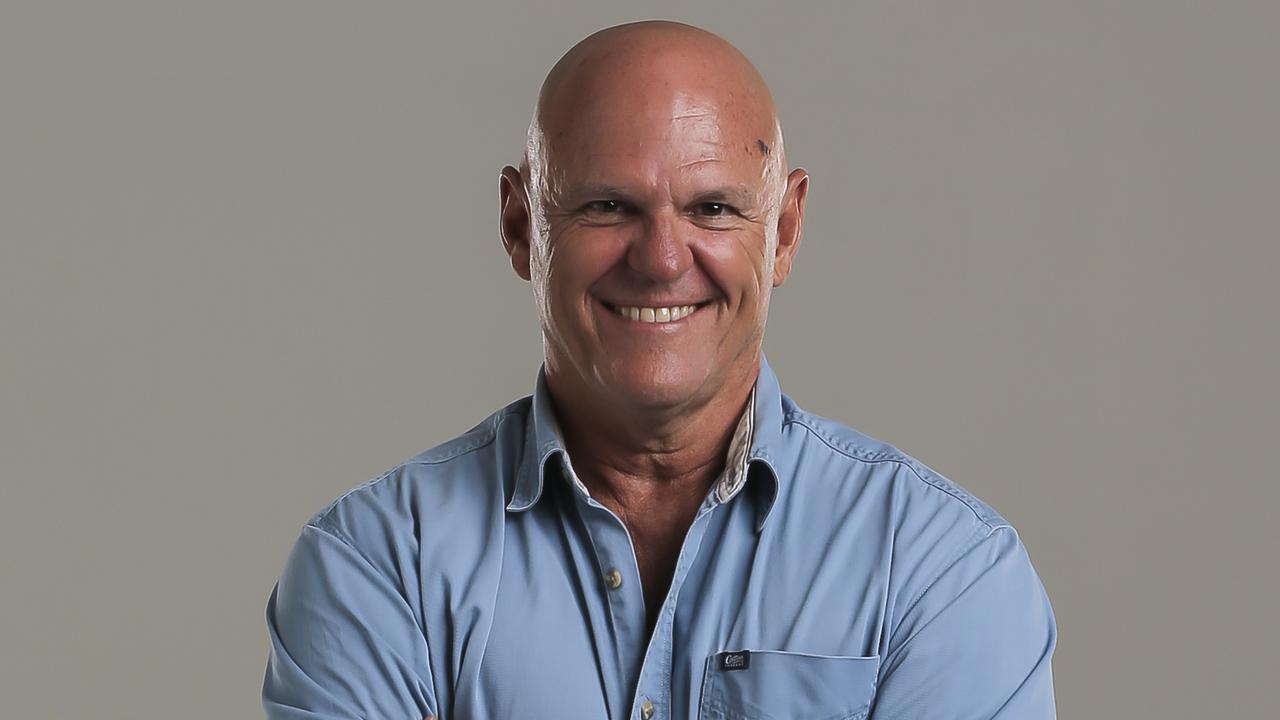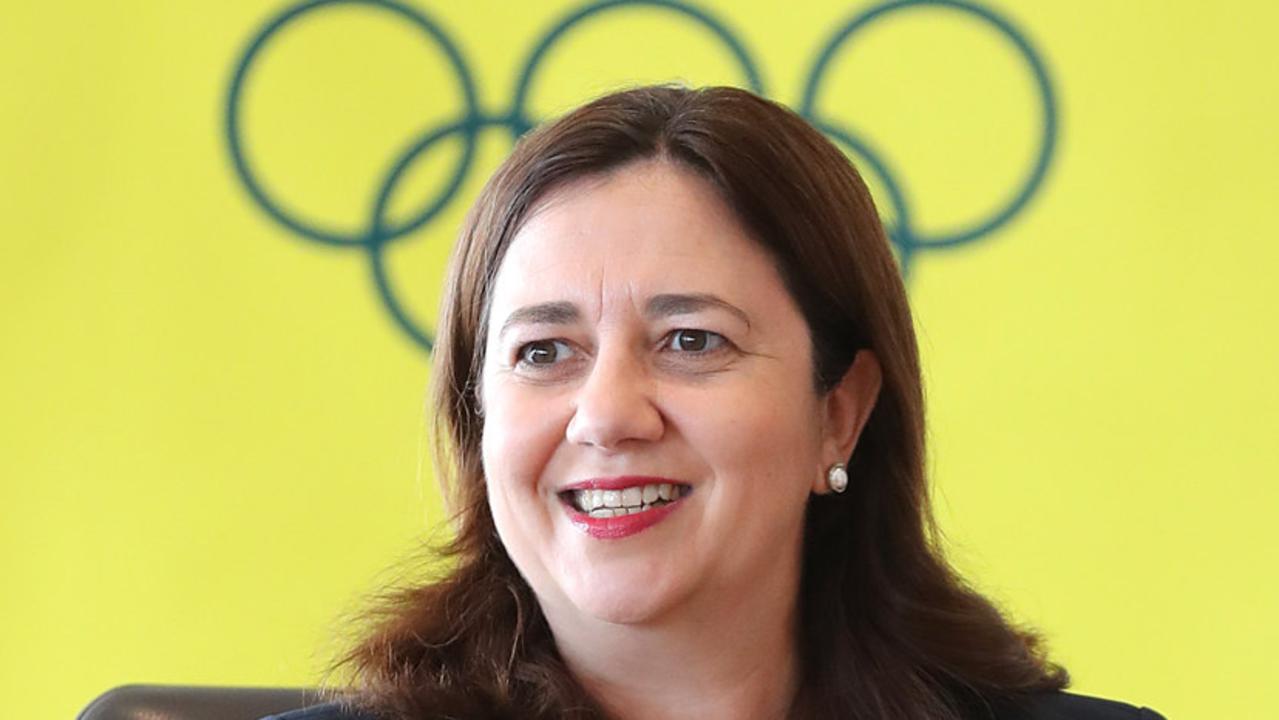Coal production is good for jobs and cheaper power
It’s time our politicians grew a backbone and faced the reality that coal production is good for Australia’s economy and renewable energy targets will send us broke, writes Peter Gleeson
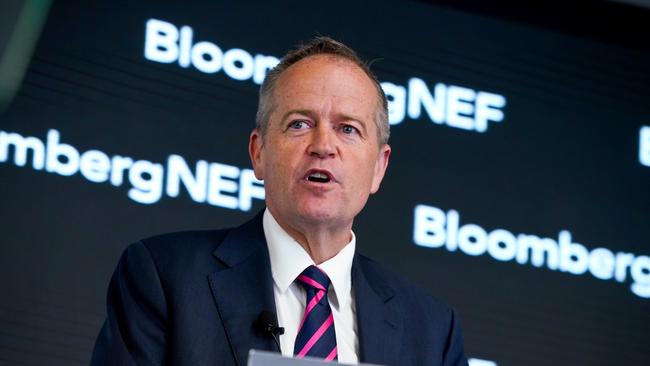
Opinion
Don't miss out on the headlines from Opinion. Followed categories will be added to My News.
IT’S time police started arresting green activists and they were jailed for public trespass. It’s also time our politicians grew a backbone and started facing up to the reality that coal production is good for Australia’s economy and this obsession with renewable energy targets will send the country broke. We need thermal coal-fired power stations like the Japanese and Chinese and we need to foster and encourage coal mining to create prosperity and wealth for the embattled regions.
The Climate Change Authority has modelled what a policy of a 50 per cent renewable energy target would look like by 2030. It would require the closure of 75 per cent of existing coal-fired power in Australia and add $1921 to electricity bills from 2020-2030. That’s almost $200 a year added to the average household power bill just when families can least afford it.
Over the last decade, analysis shows that subsidies for renewable energy from state and federal governments total $42.5 billion, yet over the same period the ACCC reported that power prices had increased in real terms by 52 per cent.
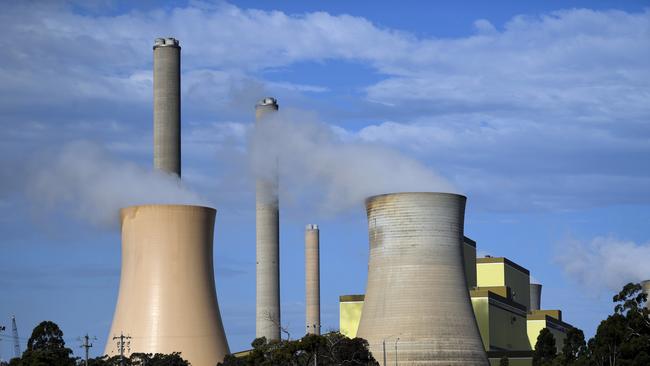
Labor’s plan for batteries also does nothing to help businesses and manufacturing. The biggest battery in Australia, the $100 million Hornsdale Power Reserve, could run the Tomago Aluminium smelter for less than eight minutes. But, most importantly, Labor has not told us how much this plan will cost the average household or guarantee that prices won’t go up as a consequence.
We do know what a 50 per cent renewable energy target looks like. South Australia has one and pays the world’s highest energy prices. They have the weakest and least reliable power in the nation. Their 2016 statewide blackout occurred just months after their thermal coal power plant was closed and cost the state $367 million.
In Queensland, the divide between the Labor-Greens ideology on energy and mines and the reality of job creation and prosperity in the regions is a big challenge for Premier Annastacia Palaszczuk and her deputy Jackie Trad.
At stake is billions of dollars in royalties and thousands of jobs. But there’s also the prickly political reality of angering the Greens and jeopardising all-important preferences. At a federal and state level, the Labor Party relies heavily on Greens preferences. In tight contests, the Labor-Greens alliance can be the difference between winning and losing.
Two big coal mining projects earmarked for the Galilee Basin have attracted the usual activists like Getup and the Australian Conservation Foundation. The sophistication of the protest movement against Adani is extraordinary.
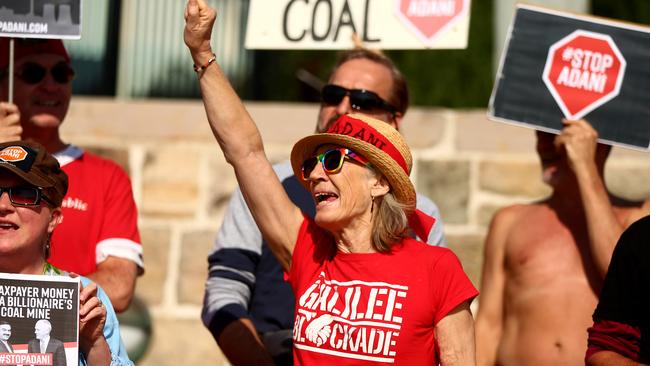
Make no mistake. If Bill Shorten becomes Prime Minister, big mining projects in Queensland will not proceed. He’s got the Left breathing down his neck. Now, with a $7 billion mine proposed adjacent to Adani, the protesters have another target. And they’ve already started with their nonsense, trying to use an elusive echidna to spike plans for the mine.
The proposal will now go to federal Environment Minister Melissa Price, who has six weeks to make a decision under the Environment Protection and Biodiversity Conservation Act. Mining royalties and regional job creation are key components to Queensland Labor’s future electoral success.
Queensland’s unemployment rate – particularly in the regions – is a major concern. In North Queensland, voters want major projects to proceed as jobs dwindle. Industry lobbyists such as the QCCI say blunt, blanket public policy approaches to “regional development” are likely to be inappropriate if employment growth and economic development policies lack specificity. QCCI chief economist Dr Marcus Smith said latest figures showed outback Queensland unemployment is 17 per cent.
The problem in Queensland is that politicians place too much stock on the loony Green activists. It’s time to send Green activists packing. They are a stain on the national political landscape.
RACING INDUSTRY BEING HOUNDED BY AUNTY’S BIAS
YOUR ABC is at it again. A biased report at the weekend into the state of the Queensland greyhound industry exposes our national broadcaster as biased and opportunistic.
The TV news beat-up concentrated on how a number of recommendations from the McSporran report into greyhound racing had not been adopted. The recommendations not adopted were not specified.
As usual, animal activists were interviewed, trotting out their tired line that the industry should be closed down. It was typical ABC propaganda from a media organisation that risks being perceived as a wholly-owned subsidiary of the animal activism movement. The reporter, Rachel Riga, used vision from the flawed Four Corners expose and then interviewed QRIC boss Ross Barnett, using a grab from him on the number of positive swabs, before doing a stand up outside Albion Park saying she’d been denied access and that no trainers or owners would speak to her.
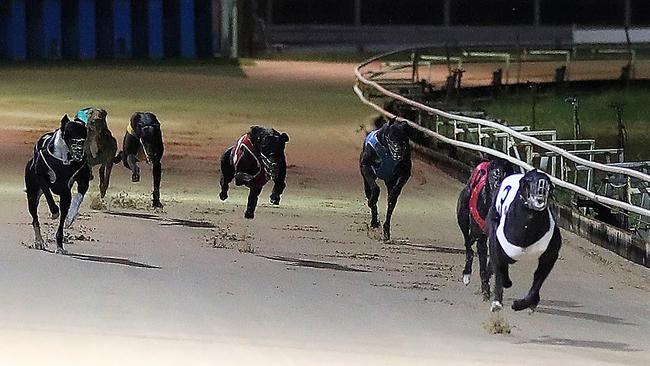
Well in the interests of fairness – and of course those who read this column regularly know I own greyhounds – here’s what she didn’t mention. A trainer, Tracey Kunde, who was recently cleared by QCAT of live baiting (yes another one) was asked a series of questions by Riga. In his 3765-word email reply, Kunde spoke of his charge, how he won his appeal, his disenchantment with regulatory authorities and what the scandal had done to him personally. The ABC did not use a word from his response. Not a word from a 3765-word response. Why? Because it didn’t fit the ABC’s narrative. Just like her colleague Caro Meldrum-Hanna did during her Four Corners report, the ABC is anti-greyhound racing and it’s not in the business of providing balance to its stories.
I approached the reporter, Rachel Riga, to explain why she didn’t use any of Kunde’s response and she referred me to the state news editor.
Kunde told Riga he was shocked when charged with live baiting. “I loved my greyhounds almost as much as I loved my wife and kids,’’ he told the ABC. “Here I was being branded an animal abuser. I couldn’t believe it. I felt I had been totally and utterly set up for something that I not only didn’t do, but which seemed to have happened when I wasn’t even there. My name was splashed all over the national news as a live baiter. It was like some strange nightmare, and I couldn’t believe that it was happening.
“ My whole life pretty much fell apart as a consequence. It felt like my whole world had been ripped away from me. People started avoiding me in the street, I lost clients from my fencing business and my finances were affected, I was shunned at social events, and worst of all my wife and children were subject to abuse and opprobrium and my family suffered terribly.’’
It’s pretty compelling stuff from a trainer who was cleared by the courts of the live-baiting charge. There are bad apples in every industry, every walk of life.
If I did a Right to Information search I could probably find former employees of the ABC who have been sacked for drink-driving or drug taking. The ABC has terrific people like Matt Wordsworth, Jess Van Vonderen, and Mark Willacy who are world class journalists. But the ABC’s bias against the greyhound industry – an industry that employs 43,000 people Australia-wide and has an annual turnover of $1.23 billion – needs to be called out. It’s entrenched and it’s disgrace. Meanwhile, still no word from RQ on a new greyhound track in southeast Queensland.
FIGHT PACKS CELEBRITY PUNCH
THE celebrities are lining up for Friday’s Mundine-Horn fight at Suncorp Stadium. They include footballers Dusty Martin and Sonny Bill Williams, Premier Annastacia Palaszczuk, the band Powderfinger, Ben Gillies from Silverchair, Steve Waugh, Kaylan Ponga, Mitchell Pearce, Connor Watson, Jackie Gillies (Real Housewives of Melbourne), cricketer Chris Lynn, the Broncos and Titans squads, Shannon O’Connell, Mick Crocker, Skye Nicholson, Mitch Robinson, Steve Walters, Steve Renouf, Matt Ballin and Trevor Gillmeister. Meanwhile boxing broadcasting royalty, Ray Hadley, will be back behind the microphone for the first time in years, bringing the fight to radio listeners.
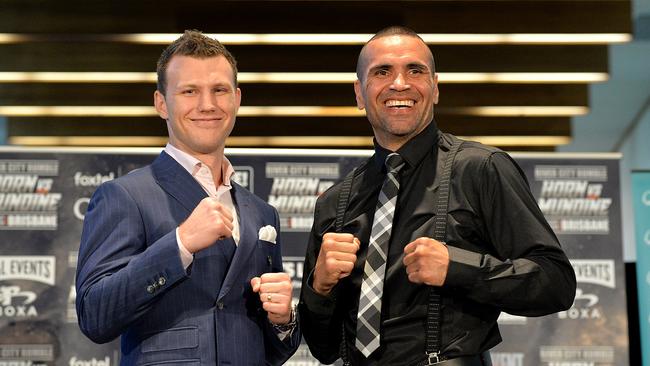
SHOUTY CAPITALS CAUSE ANXIETY
LECTURERS in journalism at a Leeds University have been warned not to use all caps when communicating with students because it might make them too scared to do the assignment.
“Despite our best attempts to explain assessment tasks, any lack of clarity can generate anxiety and even discourage students from attempting the assessment at all,” states a memo that the lecturers received, according to The Express. “Generally, avoid using capital letters for emphasis and the overuse of ‘do’, and, especially, ‘DON’T’.”
THIS IS FAIR DINKUM.
BANKING ON THE WRONG THING
COUPLE moved to Brisbane from Sydney last year. They have life insurance policies with two major banks. They inquired about recent premium increases. One bank put their life insurance premiums up 3 per cent. The other bank hiked it by 18 per cent. And they wonder why they get such a bad name.

